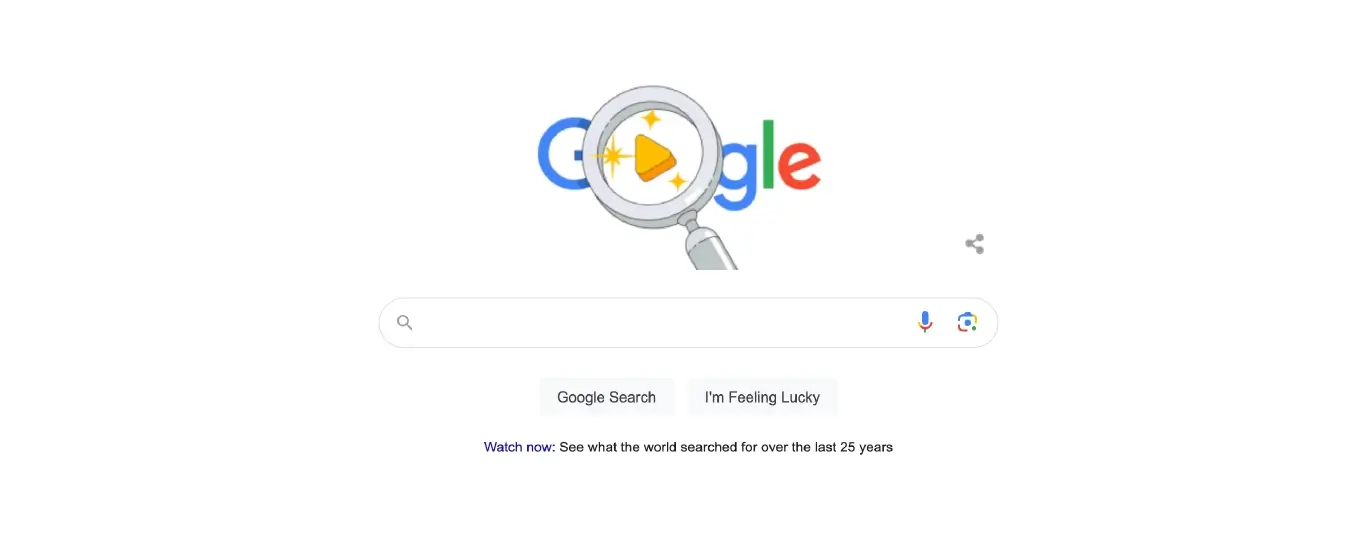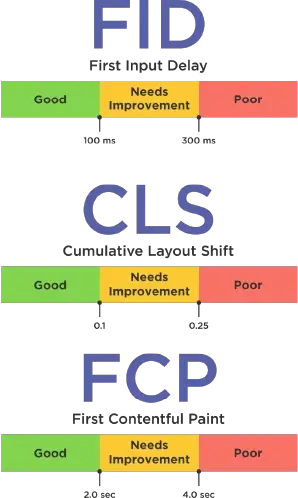Technical SEO
Ensuring your law firm’s website meets the technical requirements of Google is essential.
If the technical side of your law firm’s website and your technical SEO are all over the place, you unlikely to see your website at the top of Google Search results. This is why many law firms decide to hire a law firm SEO specialist.
At the most basic level, Google needs to be able to first find your website, crawl it, render it to then index the pages. But that’s just scratching the surface.
Unfortunately, just because a website looks great, doesn’t necessarily mean that it’s technically sound. For this reason, you may want to request an audit from an SEO specialist to find out if your website was built with SEO in mind and what’s going on with it.
If you start creating content yourself but your website’s SEO basics are not covered, your efforts may result in… No improvement.
The technical aspects of SEO you need to cover on your law firm’s website
Technical SEO is not easy. However, there are a few aspects of it your website needs to definitely meet. Your law firm website should be:
- Fast – people nowadays are impatient and if your website doesn’t load fast, Google will refuse to show your website to your searchers to avoid bad experience. Ideally, your law firm’s website should load in less than 2.5s.
- Crawlable by bots – search engines use bots to crawl (or read) your website. If they can’t do that, they will not put it in their index (Search). Make sure your website has a good structure, pages are linked well and there are no ‘no index’ or ‘no follow’ tags on any crucial pages.
- Secure – privacy matters more these days so you need to make sure your law firm’s website is secure with SSL / HTTPS.
- Has Structured Data – structured data helps search engines understand your website. Implement it on your pages to help the bots understand your website better.
- Has an XML Sitemap – the sitemap lists all of your pages and serves a ‘roadmap’ to the bots / crawlers making sure they don’t miss any pages.
Ensure your website doesn’t:
- Confuse search engines with duplicate pages – this can confuse the bots and rank pages with the same content lower,
- Have many dead links – if these annoy or confuse your visitors, search engines may rank you down for bad experience.
How to improve law firm website’s technical SEO?
To improve your law firm’s website’s technical SEO, you need to implement and pay attention to the following:
- XML sitemaps
- SSL certificate (and your hosting)
- Website’s information and navigation architecture
- Mobile friendliness
- Duplicate content (copy and titles)
Simply put, if your website’s health and structure are poor, the bots will not be able to check it and consequently Google will not be able to index it (show it in Search). This includes URLs – they can’t be too long.
Your site structure also influences everything else you do to optimise your law firm’s website (your URLs, your sitemap, etc.). It is fairly important.
A visitor needs to be able to navigate your website with ease. Their experience is Google’s priority as this is essentially how Google retains its users.
If you want to learn exactly what you can do to improve your law firm’s technical SEO, read Google’s Webmaster Guidelines. Alternatively, you can book a jargon-free chat with our team.
Optimisation for users
Recently, Google has rolled out the Helpful Content Update which means that your law firm’s website needs to be designed by people, for people, to be able to rank in Search.
Law firm websites that provide answers to users’ questions, in-depth guides, and regularly publish content are set to get a boost – unlike websites that are primarily optimised for search engines (with AI generated content) and have been designed primarily to rank and generate traffic.
Quality and authority of your backlinks
Good quality backlinks (inbound links) give your law firm’s website more credibility. A good backlink from another website means someone else is vouching for you and you can be trusted.
Toxic backlinks, on the contrary, may signal to Google that your website may also be ‘toxic’. This can affect your domain authority and therefore your rankings.
Backlink generation is an important task in SEO.
Legal content featuring keywords with the right user intent
Legal content is all marketing content you produce and publish on behalf of your law firm. This can include written copy, images, audio materials and videos.
High-quality written page content, featuring keywords, organised with titles, headings and subheadings, providing the right user-intent with no spelling or grammar errors, will improve your UX and contribute to improving your search rankings.
Producing and publishing content focusing on your niche will help you achieve better rankings.





